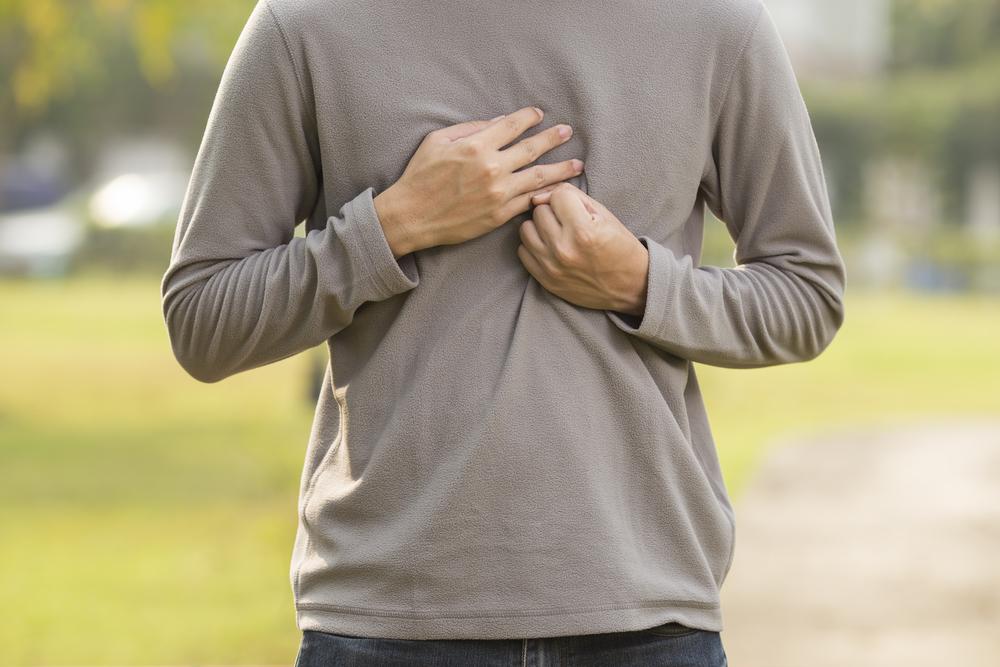Common signs and symptoms of GERD that you should know
GERD or Gastroesophageal Reflux Disease is a type of digestive disorder in which the lower esophageal sphincter (LES) is affected. LES is the ring muscle that is situated between the esophagus and the stomach.
Common causes and symptoms of GERD
Causes
The causes of GERD is complex, and the symptoms of GERD might vary from person to person. Common causes and symptoms of GERD might be different for the same individual at different times.

Lower esophageal sphincter or LES plays an important role in preventing reflux action. As mentioned above, LES is a specialized ring of muscle surrounding the lower-most end of the esophagus, joining the stomach.
The closing of the passage prevents reflux when food or saliva is being swallowed. The LES sphincter relaxes for a couple of seconds, allowing food to pass from the esophagus to the stomach, and then it closes again.
There are several abnormalities found in the LES, which might lead to GERD. The first abnormality involves weak contraction of LES which leads to reflux. The second abnormality is called as LES relaxation which leads to stomach being distended with food, which also leads to GERD.
One of the most common forms of GERD found recently is the laxity of GERD. It allows easier opening of the sphincter which leads to a backward flow of acid into the esophagus when the LES is open.
Hiatal hernia also contributes to reflux, although the way in which it contributes is not clear. At the same time, it is not necessary that people who suffer from hiatal hernia will also suffer from GERD. Some studies suggest that when there is hiatal hernia, a small part of the upper stomach attaches to the esophagus, which is pushed up through the diaphragm. This results in a small part of the stomach and the LES to be displaced towards the chest. This leads to reflux.
Symptoms
Some of the common signs of GERD include the following:
- Chest pain
- Sensation of lump in the throat (in case of GERD due to LES)
- Difficulty in swallowing
- Regurgitation of food
- Heartburn that is, a feeling of burning sensation in the chest after having a meal. The heartburn might worsen in the night.
Nighttime GERD or acid reflux include the following:
- Disrupted sleep due to chronic cough
- Inflammation of the voice box, which medically known as laryngitis
Based on the causes and symptoms of GERD, if the chronic cases are not dealt with on a timely basis, they might lead to complications such as the following:
- Narrowing of the esophagus or esophageal stricture : The stomach acid causes damage to the lower esophagus. This forms a scar tissue, narrowing the food pathway which makes swallowing difficult.
- Esophageal ulcer : As discussed above, the stomach acid can damage any tissue, causing an open sore. These ulcers can bleed and cause pain in the esophagus.
- Barrett’s esophagus : The damage caused due to stomach acid causes damage to the inner lining of the lower esophagus and might increase the risk of esophageal cancer.